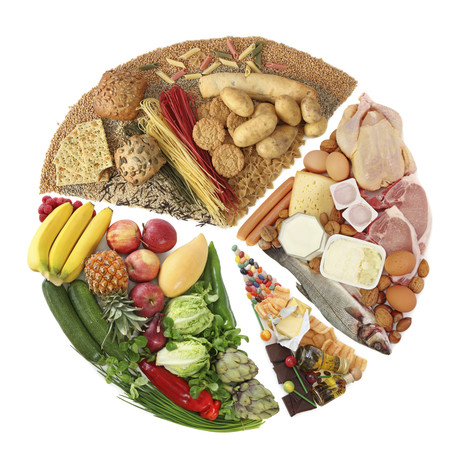Consumer trends 2018: Good carbs, bad carbs

Concerns about food intolerances, healthier diets and the quest for smaller waistlines are driving consumers to look for better and fewer carbohydrates, according to the ‘10 Key Trends in Food, Nutrition and Health 2018’ report by New Nutrition Business. This may provide businesses with an insight into the opportunities and challenges they may face going into 2018.
The ‘Good carbs, bad carbs’ trend boils down to whether you are eating whole carbs like vegetables or refined carbs like white bread. Carbs have long been associated with weight gain and blood sugar response, gaining a bad reputation from the effects of refined (or ‘bad’) carbs. This has led to consumers making a conscious effort to adopt low- or no-carb diets. An NNB survey stated that 63% of consumers in Spain, 48% in the UK and 47% in Australia are regularly trying to eat fewer carbs. Whereas in Japan, foodservice operators are thinking up creative and healthier alternatives, such as reducing the carb content of noodles by up to 25% by kneading spinach and chlorella into them.
Julian Mellentin, author of the report, said that changing what consumers consider to be bad carbs into good carbs is a trend the food industry should address in order to profit in the upcoming year.
“Companies are responding to these opportunities by adopting one or more of five strategies,” said Mellentin. “The biggest of these strategies is reformulation — not only substituting whole grains for refined wheat, for example, but offering gluten-free variants to take away a big digestive health issue that many consumers have with carbohydrates.”
Reformulation can apply to a wide variety of carbs, but pasta, in particular, is gaining traction with many companies already offering vegetable-based products. As an example, the report drew on Explore Cuisine’s pasta and noodles that are made from dried peas, beans, lentils and chickpeas.
However, if it is not necessarily weight loss that is driving the consumer trend, other companies have turned to offering carb alternatives to help those suffering with digestive health issues. Good Mills’ 2ab Wheat is designed for individuals who are concerned about gluten and/or difficult-to-digest carbs, and those who follow a FODMAP diet.
Another strategy that companies are adopting is ‘greener’ carbs. Spiralled zucchini pasta and cauliflower rice have been filling supermarket shelves over the last year, with consumers substituting traditional carbs with greener or whole carbs. The report cited two companies that have capitalised on this trend: Green Giant expanded its offering of spiralised vegetables in 2017 and Fazer marketed bread that consisted of 30% vegetables.
“Convenient vegetables, and vegetables in forms that can be substituted for traditional carbohydrates, are the fruit of creative NPD and skilful food technology,” the report stated.
But with many people adopting individual meal plans that are specific to their own dietary or health needs, it is no surprise that the report suggested personalisation is a key driver of the good carbs trend. According to a survey by New Nutrition Business, about 50% of the population believe that everyone has unique nutritional and metabolic needs. Whether it’s adopting their own eating style based on their research at home or seeking advice from a nutritionist, the general consensus is that a diet cannot be one size fits all.
Other key trends that are also expected to continue into 2018 and overlap with the Good carbs, bad carbs trend include Digestive Health, Plant-based and Snackification.
Overall, the report concluded that the Good carbs, bad carbs trend provides companies with a wealth of opportunities to address consumer preferences in 2018.
Chocolate consumption trends in the US
Chocolate sales hit a new high in the US as it remains an 'affordable treat' duing...
Ready-made infant, toddler food study finds some falling short on nutrition
Some ready-made foods for infants and toddlers being sold in Australia are not meeting WHO...
PepsiCo achieves 3.5 Health Star Rating with chip ranges
PepsiCo Australia has achieved a 3.5 Health Star Rating (HSR) for its low-salt and baked potato...














